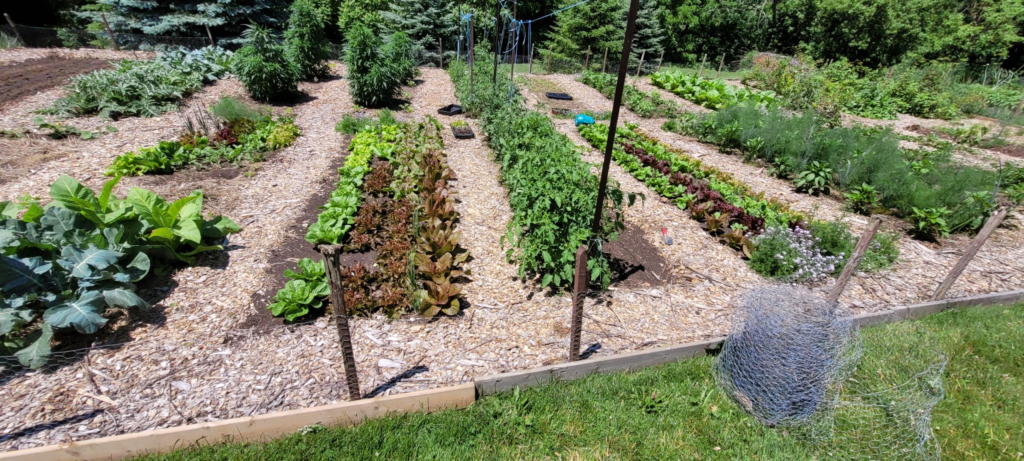Regenerative practices, such as using cover crops, intercropping, and holistic grazing, have been shown to have a profound impact on the health of our soil and the plants and animals that grow in it. But did you know that these practices can also have a positive impact on our own health?
When it comes to nutrition, regenerative practices can lead to food that is not only more flavorful and nutrient-dense, but also better for our overall well-being. Here’s how:
- Increased Nutrient Density: Plants grown in healthy, regeneratively managed soil are often higher in nutrients such as vitamins, minerals, and antioxidants. This means that the fruits, vegetables, and grains that we eat from these farms are more nutritious than those grown in conventional systems.
- Improved Animal Health: Animals raised on regeneratively managed land are often healthier and happier, which translates to healthier, more nutritious meat, dairy, and eggs. When animals are allowed to graze on diverse pastures and are not confined in feedlots, they are able to express their natural behaviors and are less likely to be exposed to disease.
- Reduced Exposure to Toxins: Regenerative practices often lead to a reduction in the use of chemical pesticides and fertilizers, which means that the food grown using these practices is less likely to be contaminated with harmful toxins.
- Increased Biodiversity: Regenerative practices often lead to an increase in biodiversity on the farm, which can have a positive impact on the health of the ecosystem and the food that it produces.
In conclusion, regenerative practices can lead to a more nutritious and healthy food supply, which can contribute to our overall well-being. By supporting regenerative farmers, we can not only improve the health of our planet, but also our own health.
